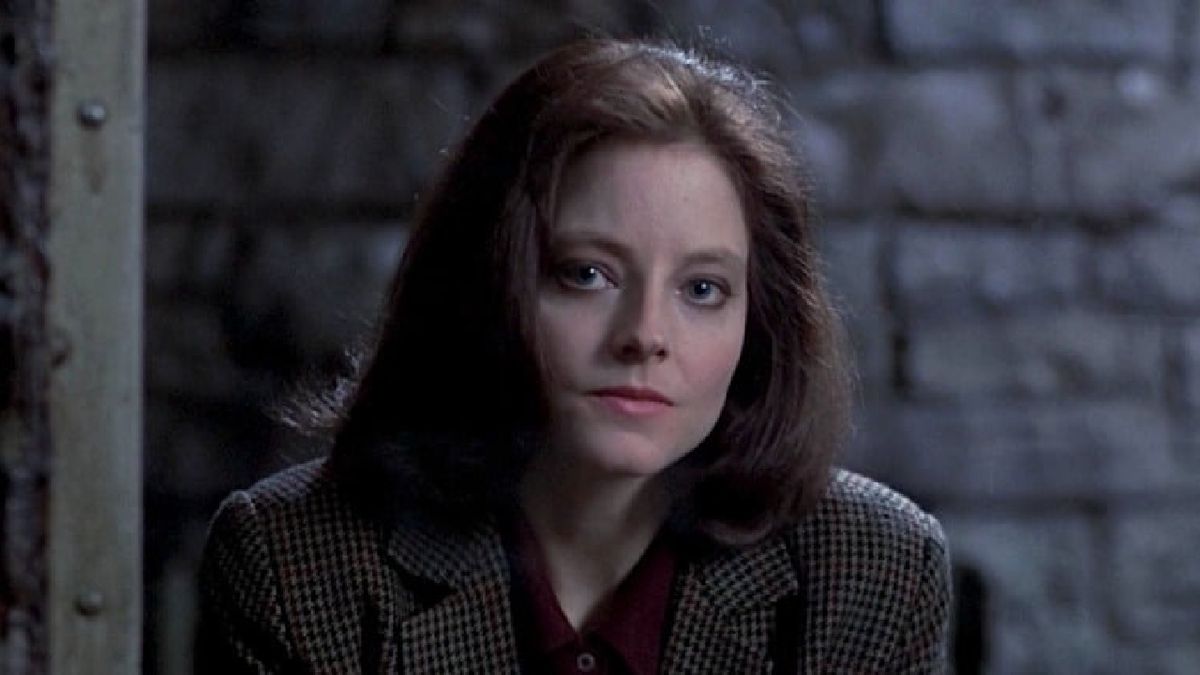
‘All Quiet on the Western Front’ Review: A Visceral Take on the German Anti-War Classic
Patriotic young men are as disposable as potato peels in All Quiet on the Western Front, Edward Berger’s new adaptation of the novel that gave us the 1930 Lewis Milestone movie of the same name. For some, seeing this German book rendered by a German will be reason enough for a remake; for many others, especially those reliant on history-ignoring Netflix (where this Front will debut next month), the original might as well not exist.
The best case for a remake, of course, is that photography and effects have advanced so far since Milestone’s day that Berger’s Front needn’t rely mostly on script and performances to make its points: A skillfully made picture with a high tolerance for muck, it’s a visceral experience, albeit a less punishing one than some other modern war films, such as Sam Mendes’ 1917. Like that movie, this one finds occasions for moments of haunting visual beauty, indulging a nearly universal need to impose aesthetic sense on senseless horrors. Critiqued in David Shields’ provocative art book War Is Beautiful and elsewhere, it’s one of the tendencies leading some to feel there’s just no such thing as an anti-war film.
Related Stories
All Quiet on the Western Front
The Bottom LineAnother artful reminder that war is hell.Venue: Toronto International Film Festival (Special Presentations)
Release date: October 28 (Netflix)
Cast: Felix Kammerer, Albrecht Schuch, Aaron Hilmer, Moritz Klaus, Edin Hasanovic, Thibault De Montalembert, Daniel Brühl, Devid Striesow
Director: Edward Berger
Screenwriters: Edward Berger, Lesley Paterson, Ian Stokell
Rated R,2 hour 27 minutes
A prologue encapsulates the story’s message pretty succinctly. Caught in a battle his side is losing, a young soldier named Heinrich musters his courage, tosses his spent rifle aside, and charges heroically at the enemy with a shovel. A scene later, the hero lies in a truck full of corpses, whose uniforms are salvaged, washed and mended. The bullet hole repaired, Henrich’s jacket is passed on to a fresh new recruit who has no idea it was ever worn.
That recruit is Paul (Felix Kammerer), who is so eager to enlist in the Great War with a handful of friends that he forges a permission slip he’s supposed to get a parent to sign. (It’s worth pausing to let that sink in, right?) The boys are welcomed with puffery — commanding officers who call them the “greatest generation” and urge them to fight for “the Kaiser, God, and the Fatherland,” in that peculiar order. Soon they’re thrown out into a wasteland where, for months, opponents have killed each other to gain and lose a few yards of dirt.
Berger’s adaptation invests just enough time in the personalities of Paul’s three mates that we’ll be sorry when they’re gone. (Or, if one succeeds in his effort to abscond with three passing farm girls, happy to wish him luck.) He also introduces a more seasoned soldier (Katczinsky, played by Albrecht Schuch), who looks far more likely to outlast them. But it’s soon clear that the biggest thing one gains from surviving a while in these trenches is an understanding that a violent end comes for practically everyone.
A different kind of end comes. We’ve been getting breathers once in a while, shifting focus to the luxurious trains and commandeered mansions where French and German authorities make decisions. While German army commanders are prepared to toss as many young bodies on the fire as are needed, politicians understand they’ve already lost, and a faction led by Daniel Brühl’s Matthias Erzberger finally secures a ceasefire. But General Friedrich (Devid Striesow) decides to launch a doomed offensive in the war’s final minutes, ignoring the human cost.
Intimidatingly fuzzy synths and rifle-like snares add jarring punctuation to Volker Bertelmann’s score — a touch of modernity in a film otherwise in sync with the era it depicts. The fighting tactics of that era are so far distant from our own, one questions the value of retelling WWI stories like this, no matter how polished the resulting films are. Is there anyone capable of accepting Front’s message about the pointlessness of war who needs more convincing? Or are movies like this mostly for the demographic that keeps endless WWII documentaries popular on cable — people who, perhaps, secretly believe today’s youth could benefit from a little military discipline? After all, this country has its own self-serving mythology about a “greatest generation,” and some are clearly nostalgic for it. It’s all but certain they won’t feel any differently after this return to the Western Front, no matter what Berger and Erich Maria Remarque intended.






















































